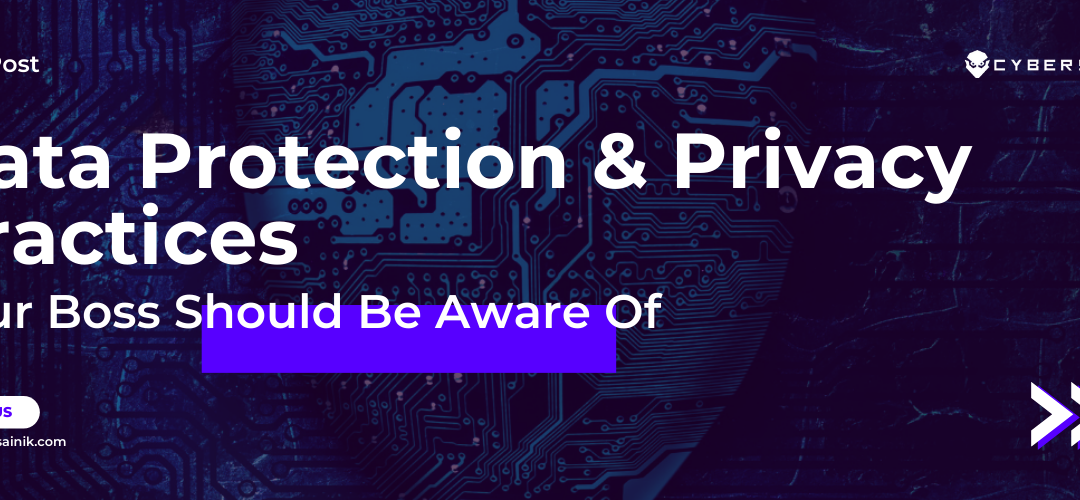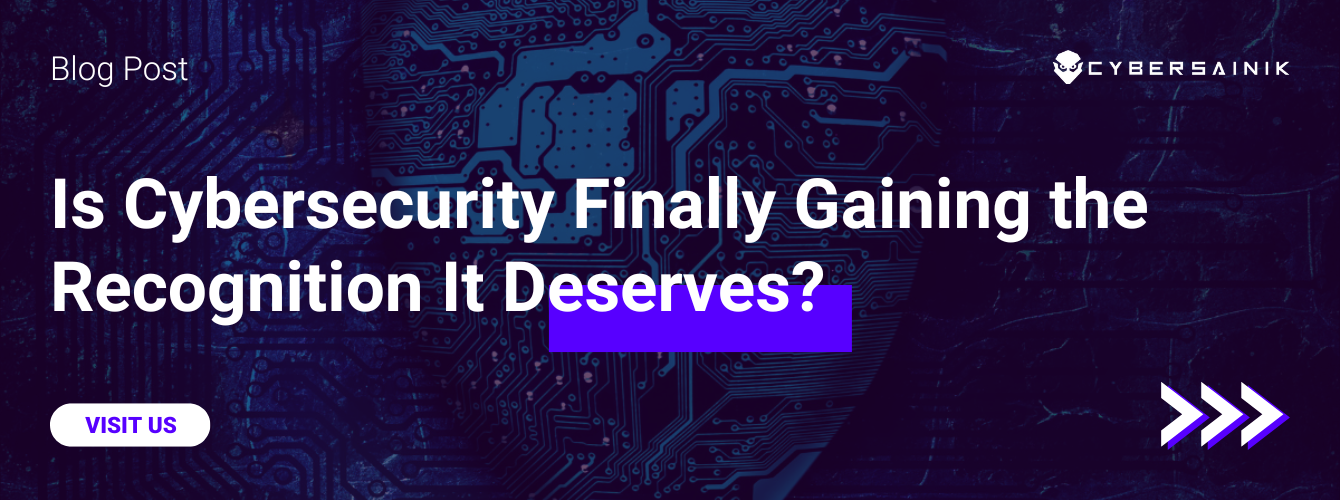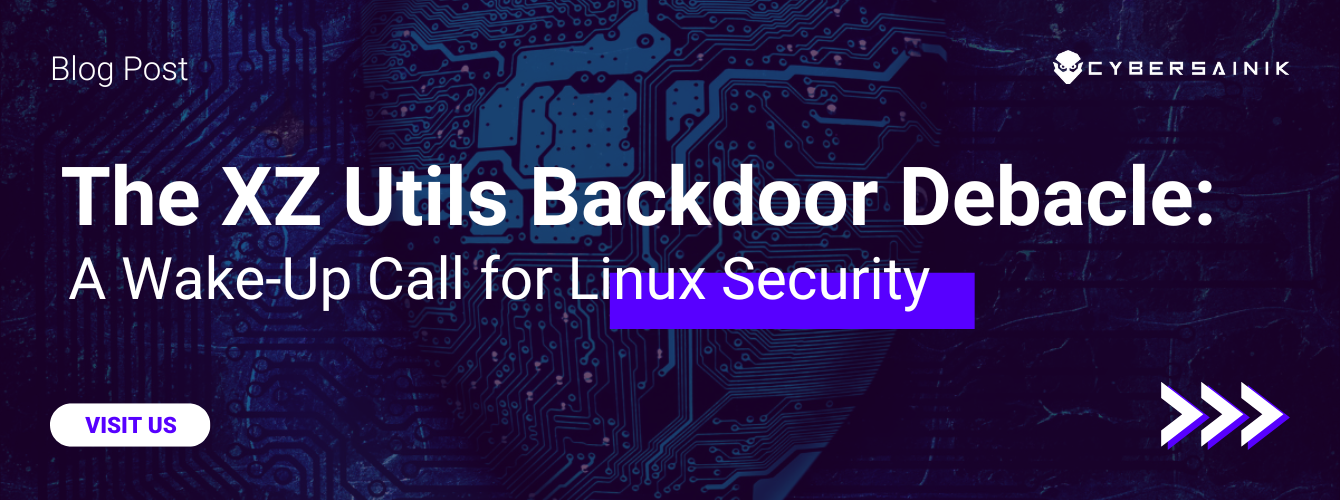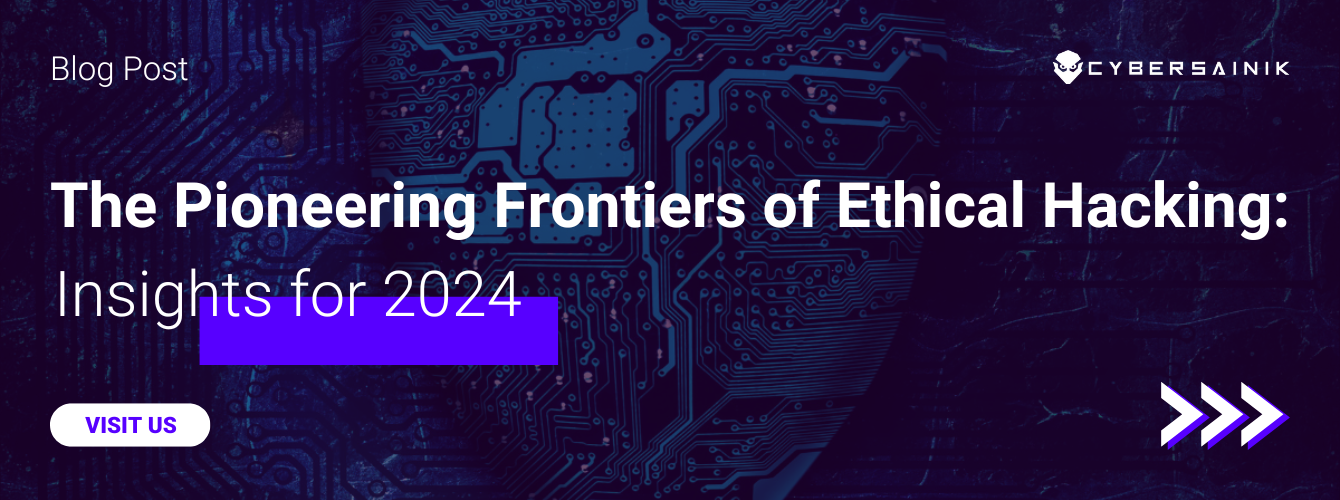A business’s success depends on how well it manages and safeguards its data. Businesses used to store data files in cabinets and rent safety deposit boxes in banks decades ago. If you’re a Bourne fan, you’ve seen this.
It’s important to safeguard data even though it isn’t action-packed in real life, especially now that data has been digitized and companies handle the personal data of millions of customers. The customer’s and the business’s reputation should be protected by keeping this information private and secure.
That said, below is everything your boss should learn about data privacy, its different from data security, and the best practices to implement.
Why is data privacy important?
The concept of data privacy, also known as information privacy, is a subset of data protection concerned with handling data properly. Data privacy concerns how it is collected, stored, managed, and shared within a company and with third parties. In addition, it’s about complying with privacy laws, such as the General Data Protection Regulation (GDPR) and the California Consumer Privacy Act (CCPA).
Why should you go through the hassle of compliance? The simple truth is that if data falls into the wrong hands, bad things will happen. If a government agency is breached, the country’s secrets can be compromised. Your competitors could access proprietary data if a corporation is breached. If it’s a school breach, students’ PII could easily be victims of identity theft.
Data privacy vs. data security
Data privacy and security are often used interchangeably, but they aren’t the same thing. The concept of data privacy covers the rights of customers and individuals, the purpose of collecting and processing their data, their privacy preferences, and the security of their information in accordance with the law.
Data security refers to the set standards, safeguards, and measures a business takes to prevent unauthorized access to digital data by third parties. Its focus is on protecting data from malicious attacks and preventing the exploitation of stolen data.
Data security best practices
Here are some ways to avoid being a data breach victim in 2023.
Identify and classify sensitive data
To effectively protect your data, you need to know the type of data you have. Start by having your security department scan your data files and prepare a report on their determination. The data can then be organized into different categories depending on how valuable it is to the company.
The classification can be dynamic as it’ll need updating as things change within the company. Only authorized personnel should update data categories.
Maintain data usage policies
While it’s a good step, data classification alone isn’t enough to secure data. You’ll need to create a policy that specifies the type of access, who has access to what data, what is considered proper use of data, and more. You can restrict users to specific areas in the network and revoke their access after a certain timeline or after they’ve completed their task. To ensure the policies are followed, have strict consequences for breaking them.
Monitor access to sensitive data
Building upon data policies, you should ensure the right users have access to data. Limit information access within and without the company based on one’s security clearance level. Some permissions you can consider defining include:
- Full control: the personnel has complete control over the data. This means they can access, store, modify, assign permissions and delete data.
- Modify: an individual can only access, modify and delete data.
- Access: an individual can only access but cannot alter data.
- Access and modify: the individual has the right to access and make changes to data.
Use endpoint security to protect data
Network endpoints are always under threat, so it’s important to create security systems to minimize the risk of a data breach. Below are some good measures you can start with:
- Antivirus software – install antivirus software on workstations and servers. Use the software to regularly scan the system to fish out malware and viruses, if any.
- Antispyware – spyware is designed to track user behavior and collect personal data. Antispyware software blocks or removes such software.
- Pop-up blocker – pop-ups are programs that are maliciously installed in systems to put create a doorway into the system.
- Firewall – it functions as a barrier between cyber criminals and your data. Experts highly recommend it as it provides an extra layer of protection.
Implement a risk-based approach to cyber security
Conduct a risk assessment of your company to determine the specific risks affecting your data. Risk assessments allow you to identify where and what the company assets are, the state of your cybersecurity, and the security strategies that’ll be most efficient. It’ll also help you ensure your security approaches comply with set regulations.
Train your employees
The best cybersecurity policies and best practices are useless if your employees cannot use them. Hold regular training to keep them up to date with changes and new protocols the company is using. Simplify the processes and request feedback on the efficiency of the current system.
Use multi-factor authentication (MFA)
MFA is an advanced and proven type of data protection. It adds a layer of security during account authentication. So even if a hacker gets your password, they’ll still need to go through a second or third authentication process like mobile phone confirmation, voice recognition, and fingerprint scanning.
Bottom line
The data security best practices you can implement aren’t limited to the above. You can also include encryption at rest and in transit and regular data backups. For quality implementation, you need to have a good grasp of cybersecurity. Unfortunately, that’s not the strong point of most bosses. But where your skillset falls short, Cyber Sainik excels.
Using the latest technology, we provide custom and innovative cybersecurity solutions to companies worldwide. You can rely on our solutions to protect you from costly data breaches. Contact us today for a free consultation.




